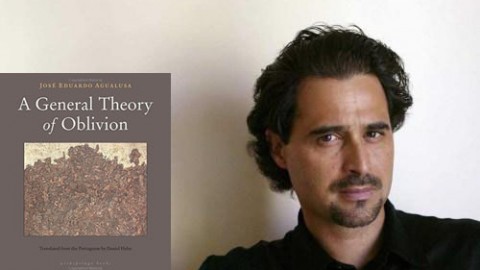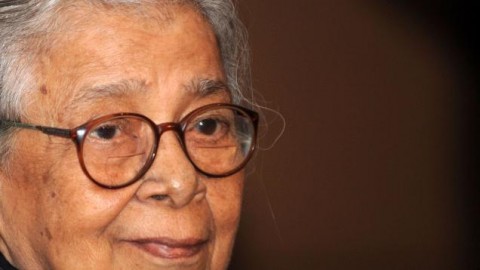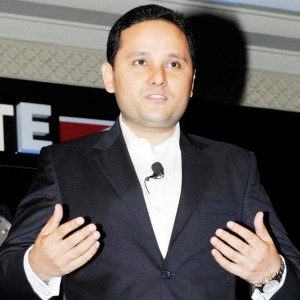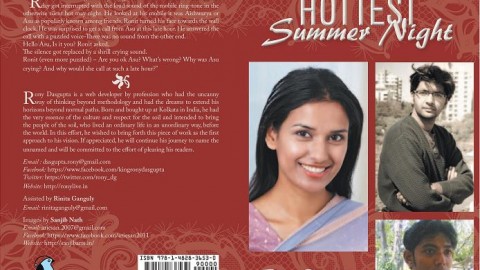David Hare in conversation with Raja Sen
Front Lawn, Hotel Diggi Palace
‘It seemed that everybody understood the world and I didn’t,’ said Sir David Hare, the BAFTA winning playwright, when asked what had prompted him to pick his pen up and write. ‘What drove me was bewilderment. As a young man, I thought it was anger, but it really wasn’t.’ In a moving and revealing session, Hare spoke candidly of his long, illustrious career, his relationship with critics, the women that inhabit his plays and films, and the relationship between theatre and politics.
When asked of his reputation as a ‘political playwright,’ Hare said his aim was to do what theatre does best: ‘get people together to contemplate the things that are happening.’ In his view, exploring and explaining how connections come about is ‘a democratic and worthwhile thing to do.’ Hare believes that today’s political turmoil – Brexit, the Syrian War, Donald Trump – can all be traced back to 9/11, observing that the misappropriation of 9/11 had led to both the invasion of Iraq and the market crashes of 2008.
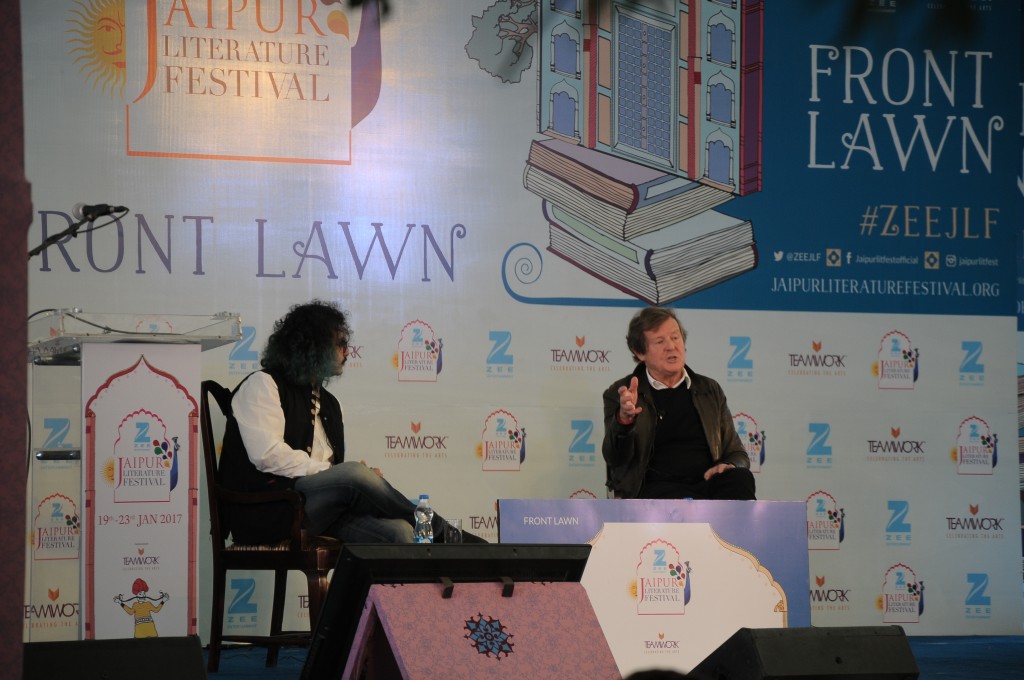 Hare stated that theatre could serve as a potent medium for political critique, citing the example of Hamlet. ‘The most revolutionary thing one could do in Soviet Russia was to perform Hamlet,’ but if that same play were to be performed in modern-day England, the reactions would be limited to the quality of the production. ‘If that play (Hamlet) is played in a tyranny, it is immediately understood as a protest against tyranny.’
Hare stated that theatre could serve as a potent medium for political critique, citing the example of Hamlet. ‘The most revolutionary thing one could do in Soviet Russia was to perform Hamlet,’ but if that same play were to be performed in modern-day England, the reactions would be limited to the quality of the production. ‘If that play (Hamlet) is played in a tyranny, it is immediately understood as a protest against tyranny.’
Hare’s award-winning screen adaptation of The Hours, starring Meryl Streep, Nicole Kidman and Julianne Moore was critically acclaimed for its complex and moving portrayal of women. The playwright spoke of his ‘disappointment’ at the way the theatre world marginalises women writers and characters. He remarked ruefully that he loved writing about strong women, but ‘It is always difficult to get men to play the subservient parts.’ Hare spoke admiringly about the deliberate policy in state-subsidised theatres in Britain to increase the percentage of women playwrights and directors by almost 50%, though he noted that on the flip side, they have succumbed to the lures of commercial success.
Of his filmmaking career, Hare said that it was impossible to be brilliant as both a filmmaker and a playwright, and that he had decided finally to dedicate his time to the latter, no doubt an immense gain for the theatre world. While stage and screen writing are often considered to be divergent endeavours, Hare said that he himself had never been able to see the difference. He recalled the exciting challenge of ‘writing scenes that can illustrate what is going on in the character’s head,’ but said he preferred adapting stream of consciousness novels: ‘If the novelists write all the scenes, what the hell would I do?’
Despite his highly acclaimed career, Hare remains ambivalent about his status in the world of theatre. ‘People were saying either I was the biggest conman in the world, or they talked of me like I was The Second Coming,’ he said. Even major playwrights have critics, but amusingly, Hare insisted that the quality of critics today is sub-standard. He expressed frustration with the many lazy critiques of his own work, quipping to much laughter, ‘I can come up with five better things to dislike about this.’ That said, he urged writers not to judge themselves too harshly: ‘a lot of danger lies in the act of setting too high a standard for yourself.’ He emphasized that writers have no obligation to be their own critics, concluding that although the theatre was a tremendously important medium, ultimately ‘playwriting seems to be an insecure way of life.’
Tags: David Hare Jaipur Literature Festival Jaipur Literature Festival 2017 JLF Raja Sen Sir David Hare Zee Jaipur Literature Festival 2017


